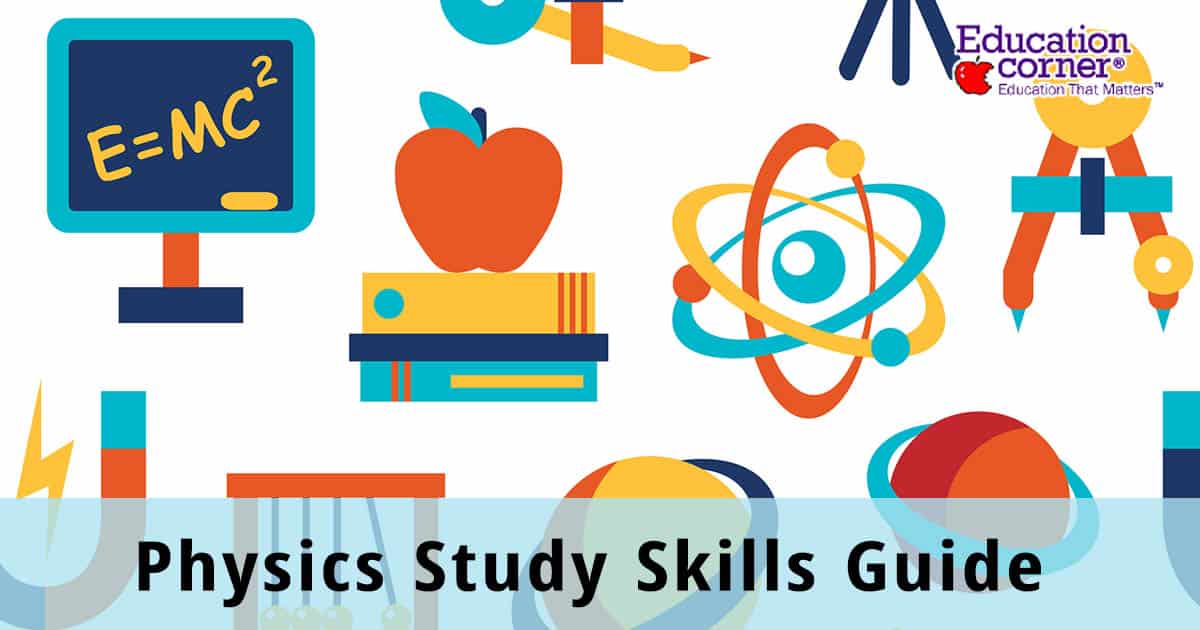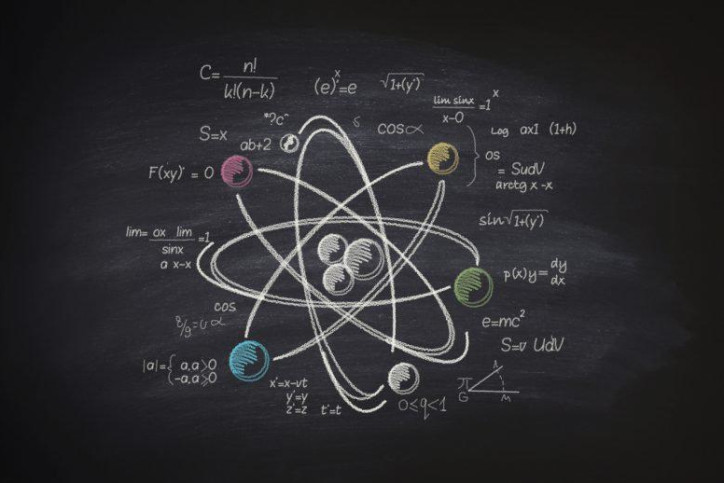What Do Physicist Study?

A physicist is an academic who studies all aspects of matter and energy. They can specialize in a particular subfield and present their findings in lectures and conferences. In addition to conducting research, physicists communicate their findings through their writing. Physicists also use mathematics and computing tools to create models of phenomena. Here are some examples of some of the things they study. To learn more, read this article.
Physicists study all aspects of matter and energy
Physicists study the fundamental properties of matter and energy and work toward developing practical devices. Their work falls into several categories, including the study of the motion of objects and waves, and the properties of different states of matter and energy. Physicists typically specialize in one of these categories, but there are also many other options. For example, they may choose to focus on plasma physics, the study of fluids and particles charged by electric fields.
Physicists’ work is extremely important for our everyday lives. For instance, they are used heavily in the field of engineering. They understand how to build bridges and other static structures, and use knowledge of optics to create better instruments. In addition, understanding the science behind sound and vision means that concert halls and video games will be more realistic. Physicists’ knowledge of motion and energy is valuable in forensic investigation.
They specialize in a field or subfield
Physicists study the nature of the universe and everything within it. They apply the principles of physics to understand the nature of matter, energy, and time. Some apply their knowledge in practical applications, such as satellite communications or space flight navigation. Other physicists study the nature of plasma, which is a charged fluid that has properties similar to those of liquids and gases.
Physicists perform experiments and analyze results with advanced mathematical tools to understand how physical phenomena are explained. They analyze data to understand the laws of nature and apply them to problems in various fields, such as electronics, optics, materials, communications, and aerospace technology. This job is highly demanding and requires rigorous training and a lot of curiosity. In addition, the salary is quite high. If you are able to devote long hours to the work, you can even become a government employee by specializing in a specific field or subfield of physics.
They present research findings at conferences and lectures
Physicists and astronomers perform complex calculations. Their work requires them to be meticulous and to communicate findings in scientific terms. They also conduct experiments and analyze data to arrive at reliable conclusions. Physicists spend a lot of time alone. They must be accurate and stay motivated to complete their work. They present research findings at scientific conferences and lectures. They also write reports and proposals to secure research funding.
Physicists study the laws of nature, studying the interactions between matter and energy. They also design scientific instruments, such as lasers and electron microscopes. Many physicists use their knowledge to develop advanced medical equipment and materials. They present research findings at conferences and lectures in order to gain new insights and ideas. Physicists may also work as educators or researchers to help educate the public about their work.
They communicate their ideas
Physicists are highly skilled individuals who apply the principles of physics to solve problems. These individuals must understand both basic and advanced concepts in physics. They should also be comfortable using high-level mathematics to solve problems in physics. Physicists must also know how to communicate their ideas to different audiences, both scientific and non-scientific. A major challenge for physicists is to be able to understand the real-world implications of their research.
Publications are an important part of scientists’ communication strategy. Publications and articles published in popular media are often read by a wider audience than peer-reviewed journals. Popular media outlets, such as newspapers and magazines, can give scientists a wider audience than peer-reviewed journals do. Additionally, scientists have started publishing their work on blog sites. Publications are becoming increasingly important for scientists to communicate their ideas to the public.




Leave a Reply